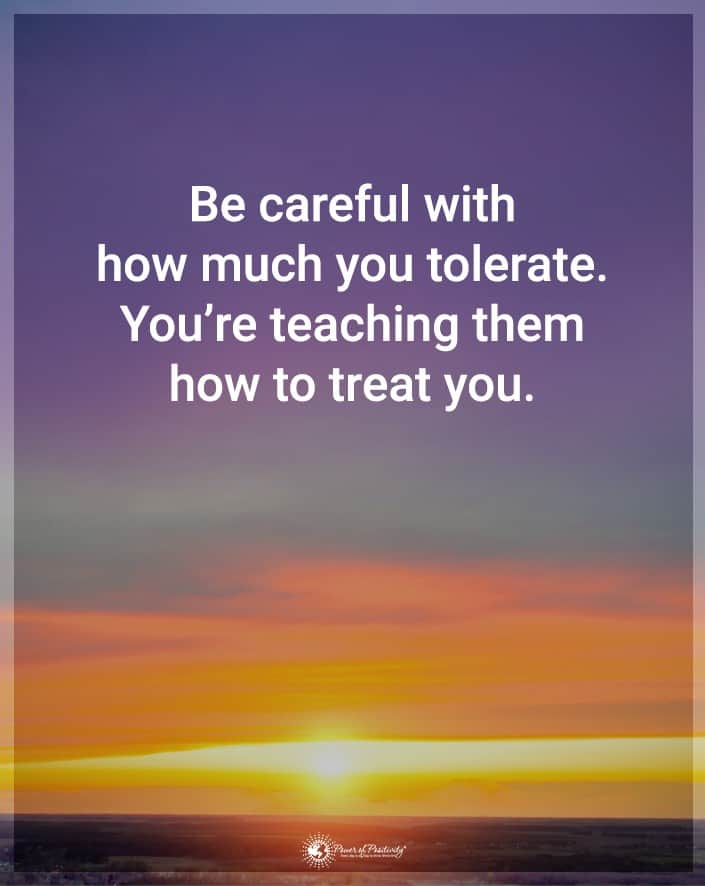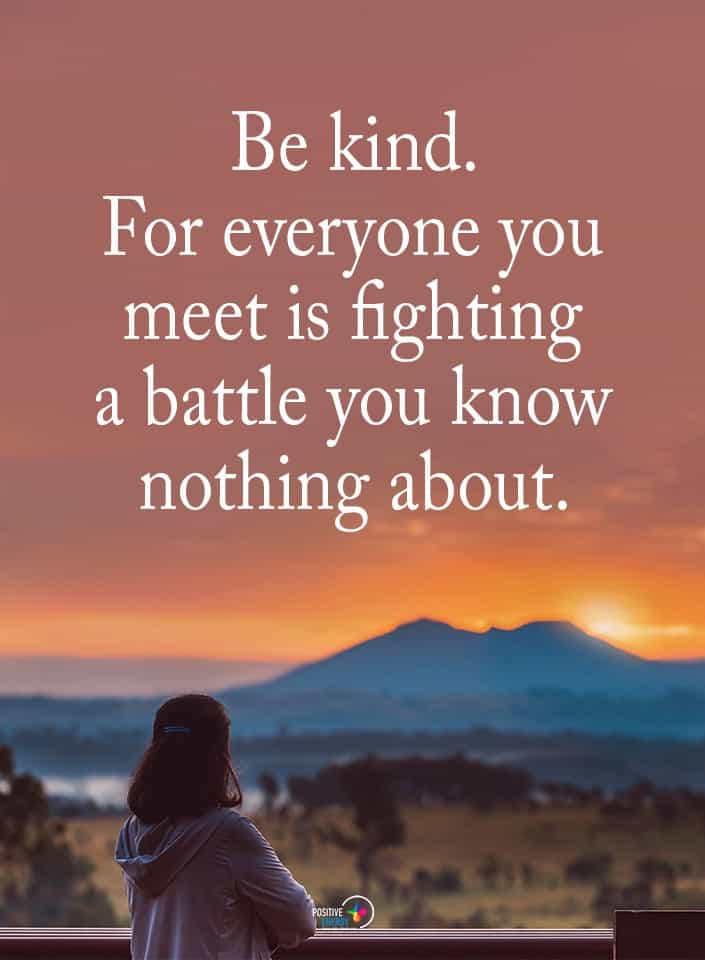Conflicts are inevitable in life. When you bring people from different backgrounds together, there’s going to be trouble. It’s often the case that most issues arise from misunderstandings, and usually, a simple explanation about the problems can help improve your conflict resolution skills.
The types of conflict till vary, and may include disagreement with family, friends, neighbors, or colleagues. You might generally get along with these folks fine. However, sometimes the wrong word or action at an inopportune time can start an all-out war. The need for conflict management is present in your work, home, and personal life. These are vital skills that can help you to live a more peaceful existence and to avoid drama.
Ten Conflict Resolution Tips
What do you do when you work, live next-door, are related too, someone who doesn’t get along with you? You try to reduce the conflicts, so there’s peace and harmony with them. Here are some tips on how to accomplish this task.
 1. Don’t Push Buttons While Managing Conflicts
1. Don’t Push Buttons While Managing Conflicts
If you know your neighbor gets mad when your children ride their bikes on his part of the shared driveway, then you instruct your kids to stay off his side. You know that it will cause a big issue the minute they go on his property, so you use conflict resolution tactics to avoid a problem.
Some people are very picky about their lawn and driveways, and they don’t want kids riding bikes near their cars. So rather than cause a conflict over something so silly, make sure your children stay away.
2. Adjust Your Tone
One of the things that cause so many problems with texts and emails is that you cannot detect the other party’s tone. The email may come across as nasty, but the person didn’t mean it that way at all. Sometimes, it’s better to have face-to-face conversations to avoid such confusion, especially when important.
Assume you’re the shift manager at a fast-food restaurant, and you must require two of your employees to work overtime. You know that one employee won’t have an issue with it, but you know the second worker doesn’t have a babysitter and will be enraged. Since the orders came down from corporate, you have no choice but to carry out the demands.
In this instance, you can try adjusting your tone and presentation on the matter. Rather than just ordering the overtime and making them feel defenseless, offer them a 15-minute break so they can call and make arrangements for an extended sitter. First, you’re a human being and know how frustrating it would be to be in their situation, so you need to deescalate the issue however possible.
3. Stay Away
Sometimes the only thing you can do to keep someone from flying off the handle is to stay away from them. Some people have underlying mental health issues, like anger and rage, and they don’t understand why. If you’ve had one too many problems with this person and it’s always a fight when you’re together, then staying away is the best way to achieve conflict reduction.
4. Avoid Snap Judgments in Conflict Resolution
Do you quickly jump to conclusions without giving things proper thought? It’s a common issue that many people face, but it’s something you need to address in conflict resolution practices. Being judgmental comes with some significant downfalls.
Take, for instance, the person who judges someone by their first impression. It could be a bad day, they may have had 100 things go wrong, and it wasn’t the right time to meet new folks. Yet, once you get to know this person, you find out they’re a fantastic individual.
Don’t be so quick to snap or judge someone when you don’t have all the facts. If a text message offended you, get to the bottom of their intentions before becoming angry.
5. Stop Being Defensive
Why is being objective so challenging? If you want to engage your conflict reduction skills, then you must learn objectivity. Issues that you don’t resolve will come back to haunt you when you least expect them, and they will cause all kinds of drama for you.
The problem is that if the other person becomes defensive, then they will get stuck on specific points and be unable to comprehend the entire matter. Try to maintain neutrality, and don’t deny your part in the problem. When no one admits to any wrongdoing, it will bring stress and concern to the issue.
 6. Control Your Emotions When Managing Conflicts
6. Control Your Emotions When Managing Conflicts
Controlling your emotions is one of the most challenging tasks, and it’s not a new problem either. As long as there’ve been people on planet earth, there have been issues. In Proverbs 25:28, the Bible likens someone who can’t control their emotions to a city without fortification. Back in those days, a town had to have some security to keep outsiders at bay.
If they were to take down those walls, it would have been uproar. When your emotions spiral out of control, you can say and do things incredibly hurtful to others. An angry person removes all filters and feels free to say nasty things that they will soon regret.
No matter how angry you become or how hard this person pushes your buttons, watch what you say. Your words can cut like a knife.
7. Think Before You Speak
Some people have a thought run through their mind, and it flies out of their mouth. These are the folks that don’t give much forethought to their words. Additionally, these non-filtered individuals are known for their bold nature, which can be offensive to some.
One smart way to engage your conflict management skills is to think long and hard before speaking, especially when dealing with an issue. Weigh each word wisely. Make sure what you say will help resolve the problem and not enticing the other party.
8. Remember There’s No Right or Wrong
One of the significant reasons why conflicts occur is because someone thinks they’re right and the other person is wrong. However, it would help if you considered that gray area where things fall right in between. Both parties need to recognize that they might not be in the right, so compromise and strive to find that middle ground.
9. Don’t Assume Anything in Conflict Management
The National Library of Medicine addresses the issue of making assumptions and passing them off as established knowledge. How many times do you assume something because you don’t have all the facts? In this article, the NIH is speaking about medical terms.
So, assume you’re a doctor, and a patient comes into the office with a complaint of headaches, sadness, and crying a lot. They seem depressed, and since there are no definitive tests for mental health issues such as this, you assume they have a major depressive disorder and are having an episode.
Why not? According to the National Library of Medicine, it seems like a reasonable diagnosis with more than 17.3 million folks suffering from depression in this country. However, you made a massive assumption because it looked and felt like depression, but you didn’t do tests to back up your hunch. In most cases, additional tests aren’t necessary.
Consequently, you later find out through a chat with an ER doctor that the person had a brain tumor. In this instance, making assumptions and not getting the patient the treatment they needed soon enough could have caused death. Now, relate this story to your personal life. When you make assumptions and don’t have all the facts, you could be missing out on a significant piece of information.
The information you don’t have could be the key to conflict resolution. So, the next time you assume something without any data to back it up, think long and hard before handing out a diagnosis or judgment on the matter.
10. There Are No Winners and Losers
Did you know that some folks will argue to their dying days to avoid being wrong? Remember, when it comes to conflicts and resolving them, there’s no winners or losers. If you yell the loudest and get the most digs at the other person into the conversation, you’re not going to emerge the victor.
Get it out of your head that someone must win, and the other person must lose. Strive for resolution, not a trophy of another battle won.
 Final Thoughts on Becoming a Master of Conflict Resolution
Final Thoughts on Becoming a Master of Conflict Resolution
Life has various seasons, and some are more challenging to handle. You may find that you’re moody, irritable, and at odds with everyone. If you find yourself in many conflicts, this is a sign that your life balance is off.
Another thought to consider is that if you find yourself constantly in the defensive mode, you’re hanging around with people who aren’t good for you. Conflicts are everywhere. You can go to the grocery store and get into an altercation with someone who claims you took their parking spot, but you don’t have to engage in the battle with them.
Learning effective conflict resolution tricks can help you avoid the negativity and drama that comes with arguments. You want to lay your head on the pillow and night and not have stress choking the life out of you. Learn to let things go, remember there are no winners or losers, and strive to find the middle ground to avoid such issues.


















